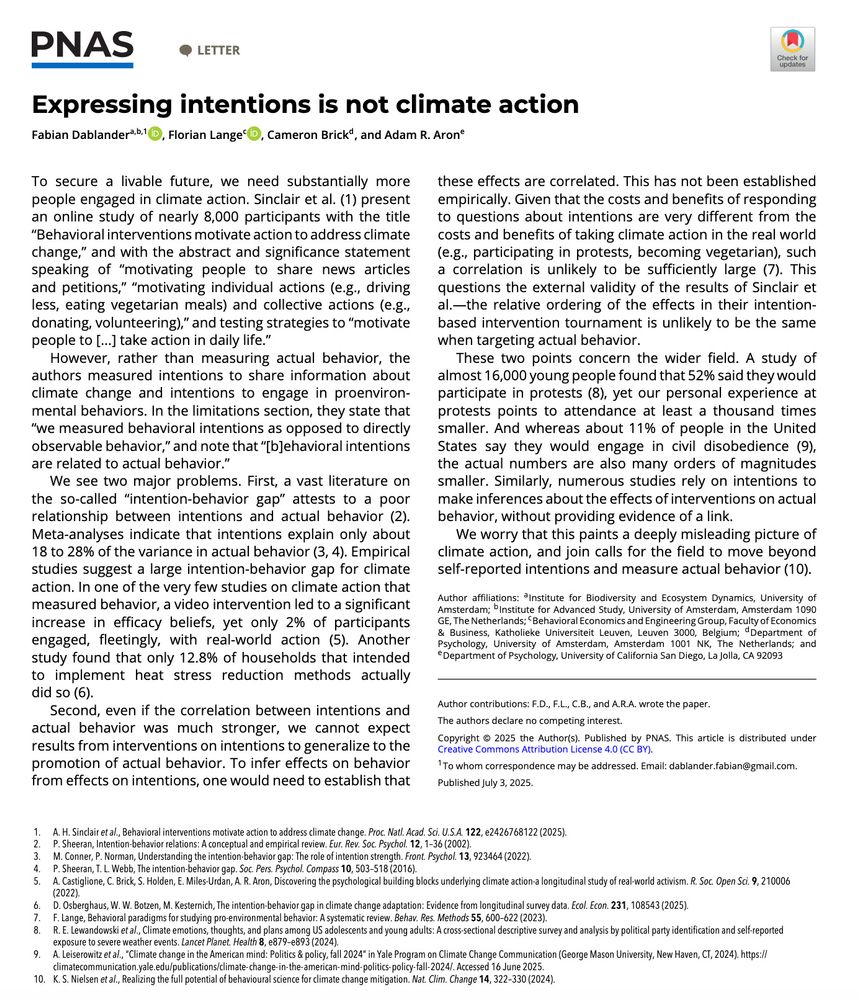Bastian Jaeger
@bxjaeger.bsky.social
880 followers
510 following
280 posts
Assistant Professor @ Tilburg University 🇳🇱
❤️🧠Moral Psychology & Altruism
🌚🌝First impressions & Social biases
🔬📊Meta-science
Posts
Media
Videos
Starter Packs
Reposted by Bastian Jaeger
Reposted by Bastian Jaeger
Reposted by Bastian Jaeger
Reposted by Bastian Jaeger
Reposted by Bastian Jaeger
Reposted by Bastian Jaeger
Reposted by Bastian Jaeger
Reposted by Bastian Jaeger
Reposted by Bastian Jaeger
Reposted by Bastian Jaeger














